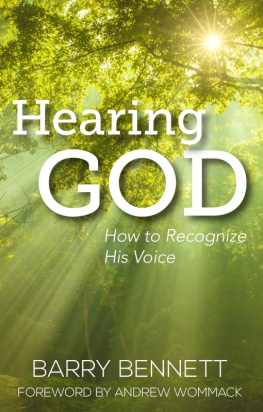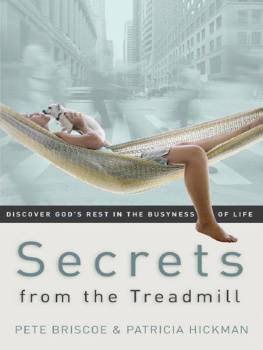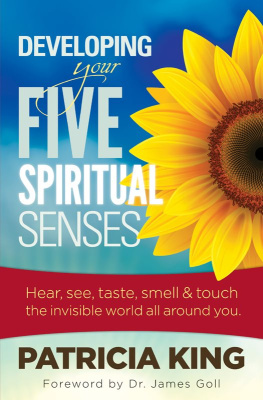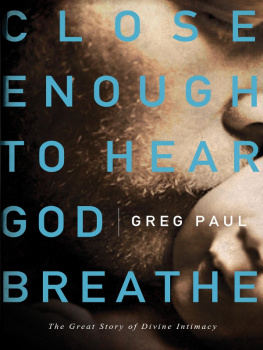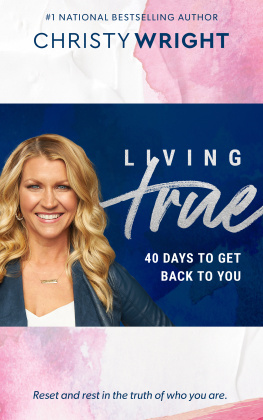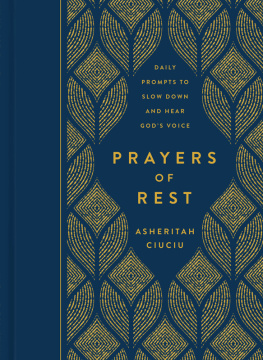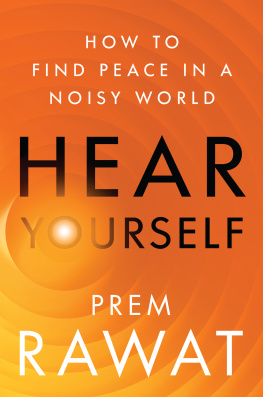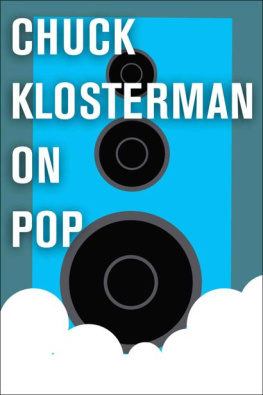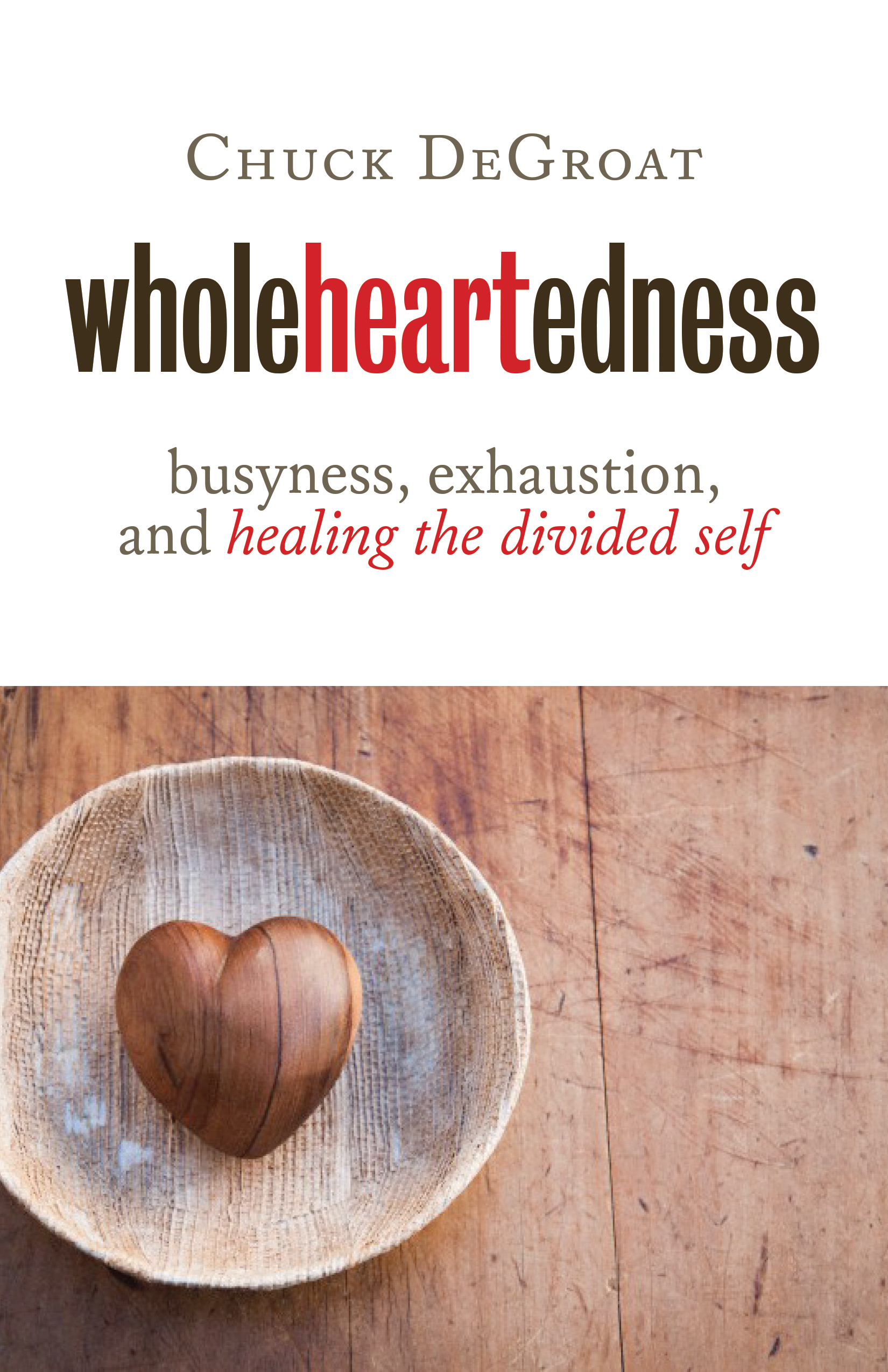Wholeheartedness
Busyness, Exhaustion, and
Healing the Divided Self
Chuck DeGroat
William B. Eerdmans Publishing Company
Grand Rapids, Michigan / Cambridge, U.K.
2016 Chuck DeGroat
All rights reserved
Published 2016 by
Wm. B. Eerdmans Publishing Co.
2140 Oak Industrial Drive N.E., Grand Rapids, Michigan 49505 /
P.O. Box 163, Cambridge CB3 9PU U.K.
Printed in the United States of America
Library of Congress Cataloging-in-Publication Data
DeGroat, Chuck.
Wholeheartedness: busyness, exhaustion, and healing the divided self / Chuck DeGroat.
pages cm
Includes bibliographical references.
ISBN 978-0-8028-7270-8 (pbk.: alk. paper)
eISBN 978-1-4674-4521-4 (ePub)
eISBN 978-1-4674-4474-3 (Kindle)
1. Self Religious aspects Christianity.
2. Christian life. I. Title.
BT713.D44 2016
248.4 dc23
2015034804
www.eerdmans.com
Contents
When you write a book on wholeheartedness, you cannot possibly do it alone or in a vacuum. Wholeheartedness requires a community, and Ive been surrounded by men and women who have shaped me over the past twenty years of ministry and teaching.
That community extends back into the past. You cannot write on wholeheartedness without drinking deeply from St. Augustine, St. Teresa, Rumi, St. John of the Cross, Lady Julian of Norwich, St. Francis, George MacDonald, Sren Kierkegaard, Etty Hillesum, Henri Nouwen, Elizabeth OConnor, and Thomas Merton. These were conversation partners on my journey. I have also been profoundly influenced by a host of contemporary writers as well (too many to name) poets, psychologists, neurobiologists, theologians, and more. If there is any wisdom in this work, it is borrowed from others with the hope that I too can be a participant in the wholehearted life I write about here.
But wholeheartedness requires a living and present community too. To know and be known is critical. And so, the honest and courageous voices of good friends like Kyle Small, Brian Keepers, and Jon Brown, though not heard directly in this book, resonate throughout the pages. In the particular season while I was writing this book, these three friends chose to voice wise and hard things to me about my own fragmentation, and as I look back now, I recognize this as a critical moment where two roads diverged in the wood, and where I had to choose wholeheartedness or continuing dis-integration.
I also want to acknowledge the ongoing encouragement of friends and colleagues at the institutions that I serve: Western Theological Seminary and Newbigin House of Studies (as a Senior Fellow for City Church San Franciscos city-center ministry partnership with Western Theological Seminary). I cant imagine a wiser or more inspiring array of colleagues.
Ones lack of wholeheartedness is exposed, most of all, at home. There, Sara, my extraordinary wife of twenty-one years, and my two daughters, Emma (age 14) and Maggie (age 13), see all of me. Without their graciousness, love, and patience with me, I couldnt offer a book like this. When they see my contradictions, they dont run away; they continue to love me and allow me to love them. Sara, thank you for believing in me and for your amazingly gentle way with my heart. Emma and Maggie, thank you for the utter delight of being your dad.
Finally, Eerdmans has been a wonderful partner for this book and my previous one. Mary Hietbrink is an editor who brings a relational energy to her work. She encourages, she questions, and she sees what I cant see. Im grateful to her and to all the folks at Eerdmans for supporting my work.
The author and publisher gratefully acknowledge permission to reprint the following:
Weathering by Fleur Adcock from Poems 1960-2000, published by Bloodaxe Books in 2000. Reproduced with permission of Bloodaxe Books on behalf of the author.
The Journey from Dream Work by Mary Oliver. Copyright 1986 by Mary Oliver. Used by permission of Grove/Atlantic, Inc.
Wild Geese from Dream Work by Mary Oliver. Copyright 1986 by Mary Oliver. Used by permission of Grove/Atlantic, Inc.
Love after Love from The Poetry of Derek Walcott, 1948-2013 by Derek Walcott, selected by Glyn Maxwell. Copyright 2014 by Derek Walcott.
I m being pulled in a thousand different directions.
I hear this all the time.
I hear it from students and software developers. I hear it from stay-at-home mothers and fathers. I hear it from the underemployed, the unemployed, and the overemployed. I hear it from those who make seven figures, and those who covet that life. I hear it from spiritual leaders and coffee baristas. And, not surprisingly, I hear it from the therapists, pastors, and rabbis who counsel all of these frazzled folks.
We all feel that nasty pull, that pull to and fro, as if well come undone at some point.
When it comes to the important resource of time, we feel dirt poor. Most of you reading this book are quite affluent and well-resourced relative to the rest of the global world, where taking the time to read a book like this would be an unthinkable luxury. But time is a different kind of resource. We feel the scarcity of this precious good, one which doesnt discriminate on the basis of ethnicity or religion or economic status.
Perhaps we feel a bit like Dr. Seuss, who writes,
How did it get so late so soon?
Its night before its afternoon.
December is here before its June.
My goodness how the time has flewn.
How did it get so late so soon?
No matter who we are or how ingenious or successful we may be, we cant work hard enough to earn more time. We cant buy more time. And we cant control time, which might be the hardest reality of all to accept. For control is what we long for, evidenced in the plethora of time-saving and time-managing programs and gadgets constantly produced, each more ridiculous than the last one. Recently I became convinced that an iWatch would at last be the miracle cure for my compulsion to control. Soon enough, I may fall into that trap too.
As we will see, we often experience our lives as divided. Feeling pulled in a thousand different directions, we wonder if a sense of balance and harmony is possible. We long for an elusive wholeness. And I believe that wholeness is more essential to who we are than our neuron-firing brains and our beating hearts. So in this book well explore these inner divisions and pave a pathway to wholeness and flourishing.
Seeking an Elusive Wholeness
These days theres a market for wholeness. Google the word and youll find books and videos, ministries and institutes, educational programs and scientific theories. The interest in wholeness has become so pervasive that, during the fifteen years Ive been doing clinical counseling, Ive noticed a definite shift in the way my clients speak. They often talk about becoming more whole or wholehearted or experiencing greater wholeness. And sometimes Im suspicious. Many of our cultural ideas about wholeness are conjured by some crazy and creepy dealers in the life-of-flourishing market.
But despite the bad ideas floating around out there, Im noticing much that is positive in what Im hearing. Much of what I share in this book is what Ive learned about the divided life and the elusive wholeness people long for, and I hope it can be helpful to you.
Over the past fifteen years, Ive tried to listen to listen well and listen with genuine curiosity to hundreds, maybe thousands of people who I can call friends and clinical clients and parishioners and mentees and students. And Ive tuned into my own heart in a very deep way while researching and writing this book during the last year which has been illuminating, because Ive often been flying here and there and everywhere to speak, so sometimes Ive been exhausted and divided myself. As I told a friend recently, Ive been my own research subject. Ive often found myself, bleary-eyed, on a United Airlines flight, either quietly contemplating my own inner state from a place of solitude and compassion, or fiercely highlighting pages and pages of books and articles frantically trying to excel at one more thing but just exhausting myself in the process.


